Should Supreme Court justices accept protesters as part of the job?
The sharpest opinions on the debate from around the web

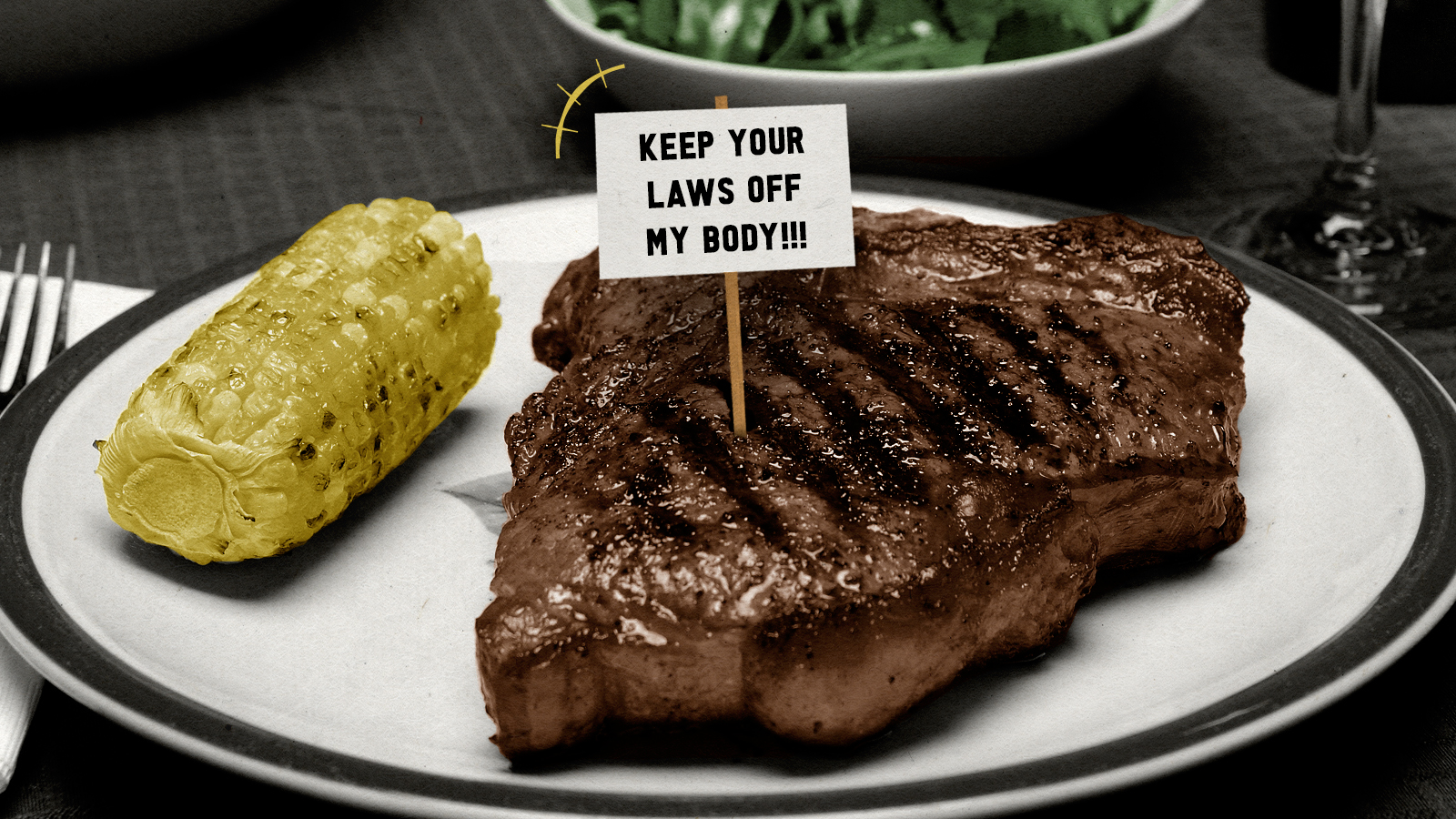
A free daily email with the biggest news stories of the day – and the best features from TheWeek.com
You are now subscribed
Your newsletter sign-up was successful
Supreme Court Justice Brett Kavanaugh found himself embroiled in controversy yet again after a group of pro-choice protesters crashed his Wednesday night dinner at Washington, D.C.'s Morton's Steakhouse, where they demanded Kavanaugh be kicked out for voting to overturn Roe v. Wade. Though he stayed to finish his meal, the justice then reportedly left through the back without ordering dessert. The steakhouse later defended Kavanaugh, writing that politics "should not trample the freedom at play of the right to congregate and eat dinner. There is a time and place for everything."
When asked about the incident, White House Press Secretary Karine Jean-Pierre condemned any tactics of intimidation and violence, but said the Biden administration supports the right to peaceful protest. And Transportation Secretary Pete Buttigieg recently said officials like Kavanaugh "should expect" these kinds of interactions. Morton's, meanwhile, is dealing with a deluge of fake reservations and phone calls since issuing its initial statement. Here's a quick look at how a few prominent thought leaders are parsing the confrontation.
There's no 'right' to eat a meal
In two rather tongue-in-cheek columns for The New Republic and The Washington Post, Matt Ford and Alexandra Petri, respectively, argued that the Constitution does not safeguard one's "right" (as flagged by Morton's) to a peaceful dinner.
The Week
Escape your echo chamber. Get the facts behind the news, plus analysis from multiple perspectives.

Sign up for The Week's Free Newsletters
From our morning news briefing to a weekly Good News Newsletter, get the best of The Week delivered directly to your inbox.
From our morning news briefing to a weekly Good News Newsletter, get the best of The Week delivered directly to your inbox.
"Is there actually a constitutional right to dinner?" Ford cheekily wrote. "Or, more specifically, did the Constitution protect a right to dinner at the time that the Constitution was adopted?" Considering the court's recent guns and abortion rulings, it seems "originalism is the only proper method to answer these questions."
"My own originalist analysis of this issue leads me to conclude that no such right to dinner exists in our legal heritage. Accordingly, I do not think such a right should be recognized now," he continued.
Kavanaugh might want "his old freedom back," or long for someone to "escort him through the gantlet of protesters who want him to feel bad about his choices, which after all don't affect anyone other than millions of people whose lives are going to be fundamentally changed," Petri added in her own piece. But unfortunately, she continued, "there is no right, however seemingly basic, that cannot vanish away like a ghostly mist the second someone remembers that there might be a medieval text, somewhere, out there that disagrees."
More Supreme Court protection, now
The harassment at Morton's further underscores the need for increased security for justices and their families, even beyond the Supreme Court security expansion bill that lawmakers passed last month, mused The Wall Street Journal Editorial Board. "Washington is crazytown these days," the board wrote, and the Senate's first "order of business" following its return from a two-week recess "should be passing legislation that funds security to protect the Justices' families."
A free daily email with the biggest news stories of the day – and the best features from TheWeek.com
But still, will this latest incident — which also arrives after an armed man arrested outside Kavanaugh's home was charged with attempted murder — "finally be enough to get Congress to act"?
Kavanaugh still has a different right
In a relevant column published hours before the Morton's encounter, the Post's Deputy Editorial Page Editor Ruth Marcus contended that "even conservative justices have right to privacy" and that the protests outside their homes are "beyond the pale," she went on.
"I'm heartsick — I'm furious — over the conservative majority's brute force move to do away with a half-century of reproductive freedom and precedent. My sympathies are with the protesters." But such pickets, which Marcus notes have primarily targeted Kavanaugh, are "unnecessary," she argued. "Maybe making justices' lives miserable will make people feel better, but it won't accomplish anything beyond that."
Further, "it should be possible to find ways to express justified outrage at the conservative justices without terrorizing them and their families," she continued. "Can we not at least manage that?"
Boundaries are just different now
Restaurants "used to be reliable safe havens for Official Washington types," Jessica Sidman wrote for The Washingtonian, but all that changed during the Trump presidency, "when the administration's controversial policies and heated rhetoric turned dining establishments into yet another political battleground." Certain social norms and respectability politics went out the window, and, for better or for worse, "the boundaries of time and place aren't the same anymore," Sidman added, alluding to a line from Morton's statement. "This form of political protest isn't going away anytime soon," she said.
Brigid Kennedy worked at The Week from 2021 to 2023 as a staff writer, junior editor and then story editor, with an interest in U.S. politics, the economy and the music industry.
-
 Crisis in Cuba: a ‘golden opportunity’ for Washington?
Crisis in Cuba: a ‘golden opportunity’ for Washington?Talking Point The Trump administration is applying the pressure, and with Latin America swinging to the right, Havana is becoming more ‘politically isolated’
-
 5 thoroughly redacted cartoons about Pam Bondi protecting predators
5 thoroughly redacted cartoons about Pam Bondi protecting predatorsCartoons Artists take on the real victim, types of protection, and more
-
 Palestine Action and the trouble with defining terrorism
Palestine Action and the trouble with defining terrorismIn the Spotlight The issues with proscribing the group ‘became apparent as soon as the police began putting it into practice’
-
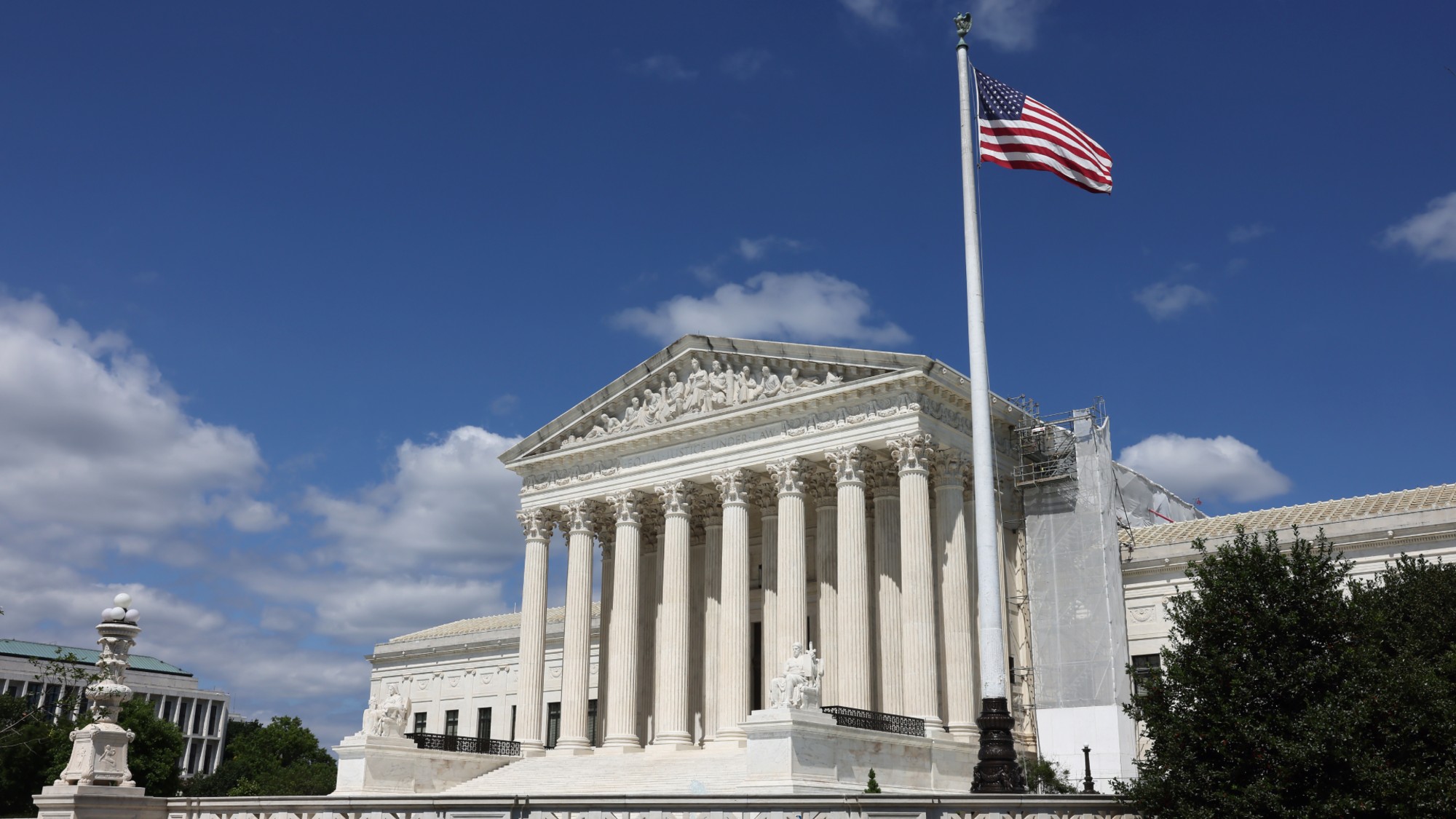 How far does religious freedom go in prison? The Supreme Court will decide.
How far does religious freedom go in prison? The Supreme Court will decide.The Explainer The plaintiff was allegedly forced to cut his hair, which he kept long for religious reasons
-
 The Supreme Court case that could forge a new path to sue the FBI
The Supreme Court case that could forge a new path to sue the FBIThe Explainer The case arose after the FBI admitted to raiding the wrong house in 2017
-
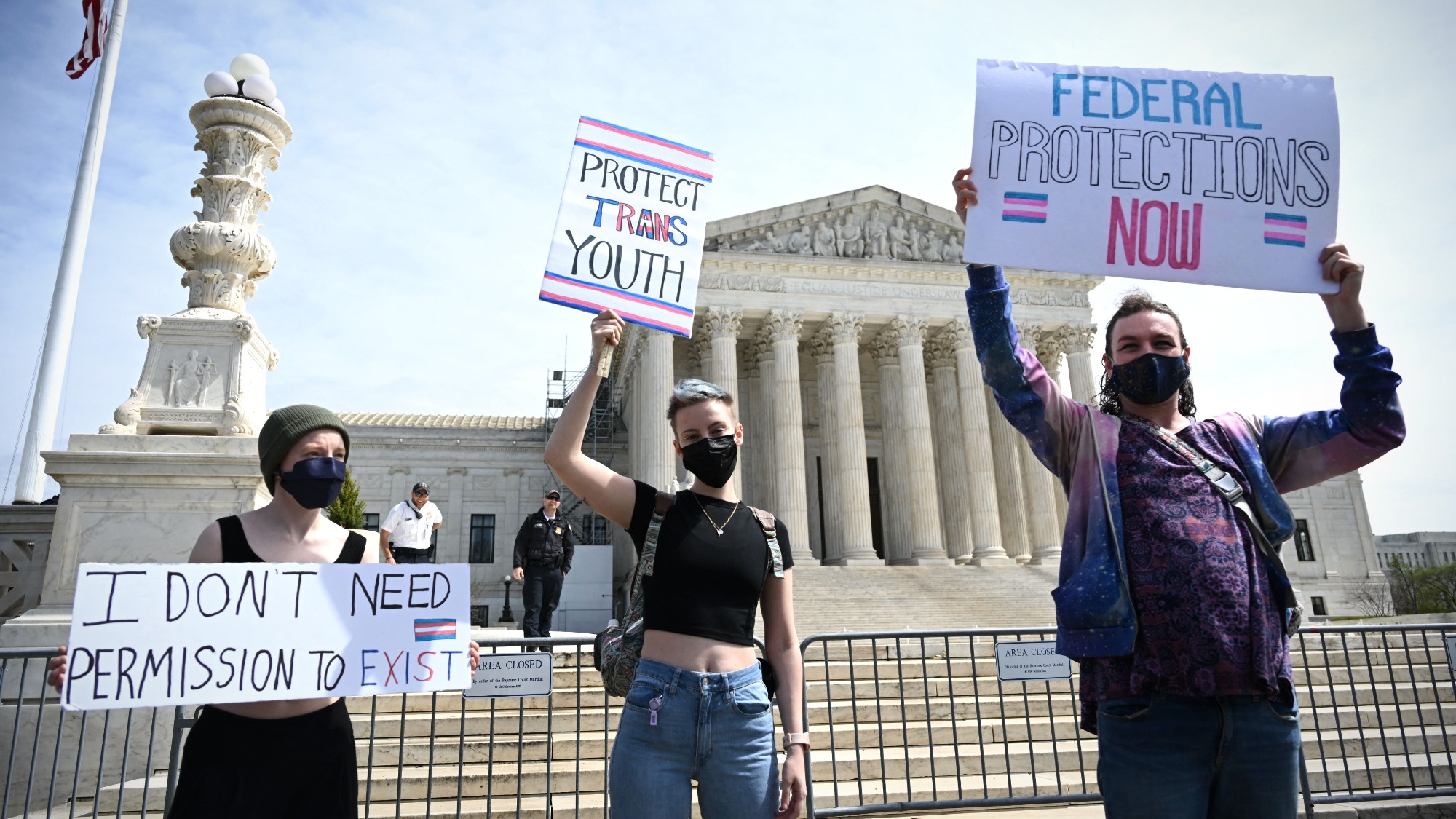 Supreme Court to weigh transgender care limits
Supreme Court to weigh transgender care limitsSpeed Read The case challenges a Tennessee law restricting care for trans minors
-
 Supreme Court wary of state social media regulations
Supreme Court wary of state social media regulationsSpeed Read A majority of justices appeared skeptical that Texas and Florida were lawfully protecting the free speech rights of users
-
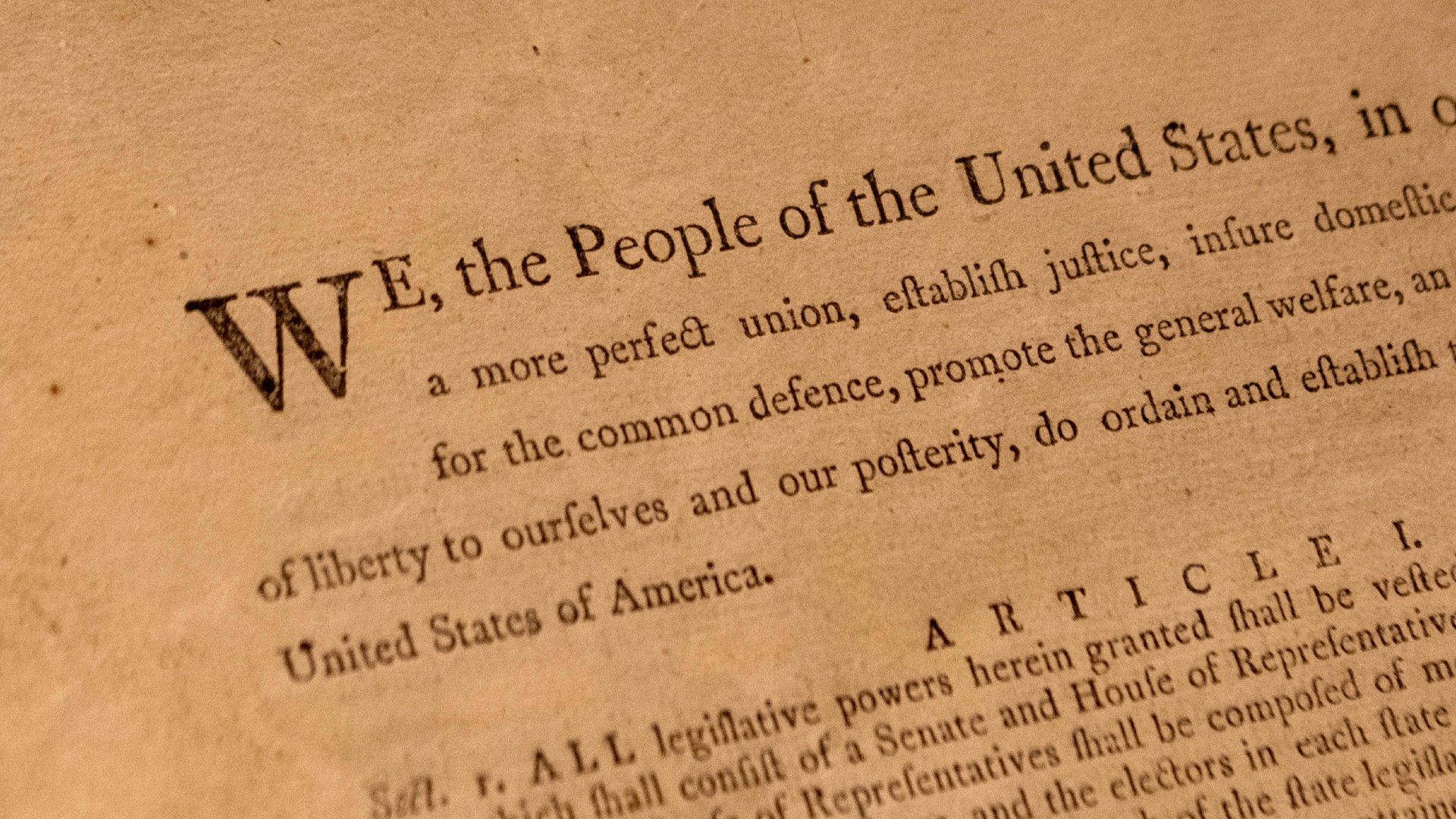 The pros and cons of a written constitution
The pros and cons of a written constitutionPros and Cons Clarity no substitute for flexibility, say defenders of Britain's unwritten rulebook
-
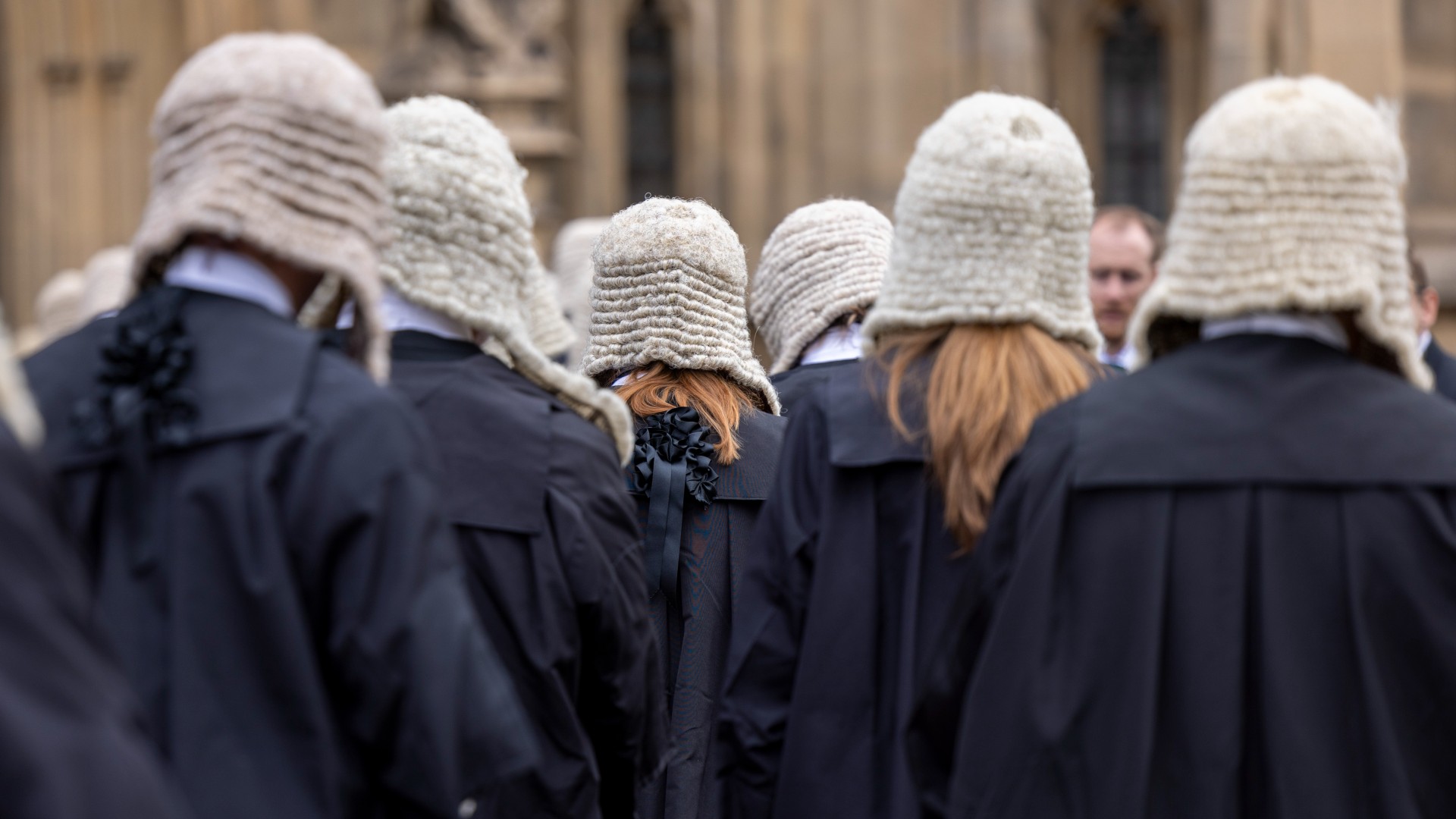 Judges allowed to use ChatGPT to write legal rulings
Judges allowed to use ChatGPT to write legal rulingsSpeed Read New guidance says AI useful for summarising text but must not be used to conduct research or legal analysis
-
 Pros and cons of the Rwanda deportation policy
Pros and cons of the Rwanda deportation policyPros and Cons Supporters claim it acts as a deterrent but others say it is illegal and not value for money
-
 Is the Comstock Act back from the dead?
Is the Comstock Act back from the dead?Speed Read How a 19th-century law may end access to the abortion pill
